What Do Kids Learn in Preschool?

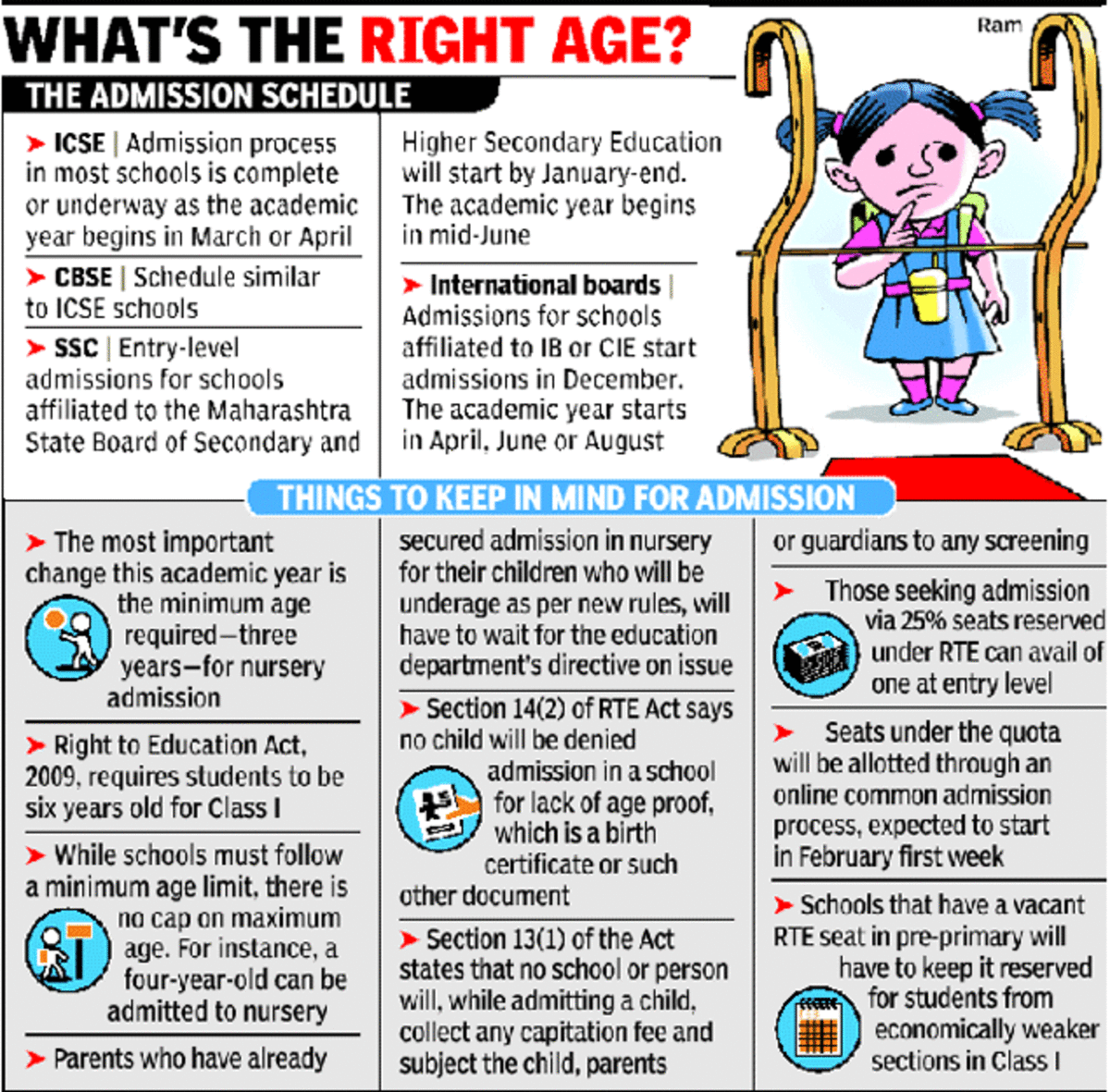
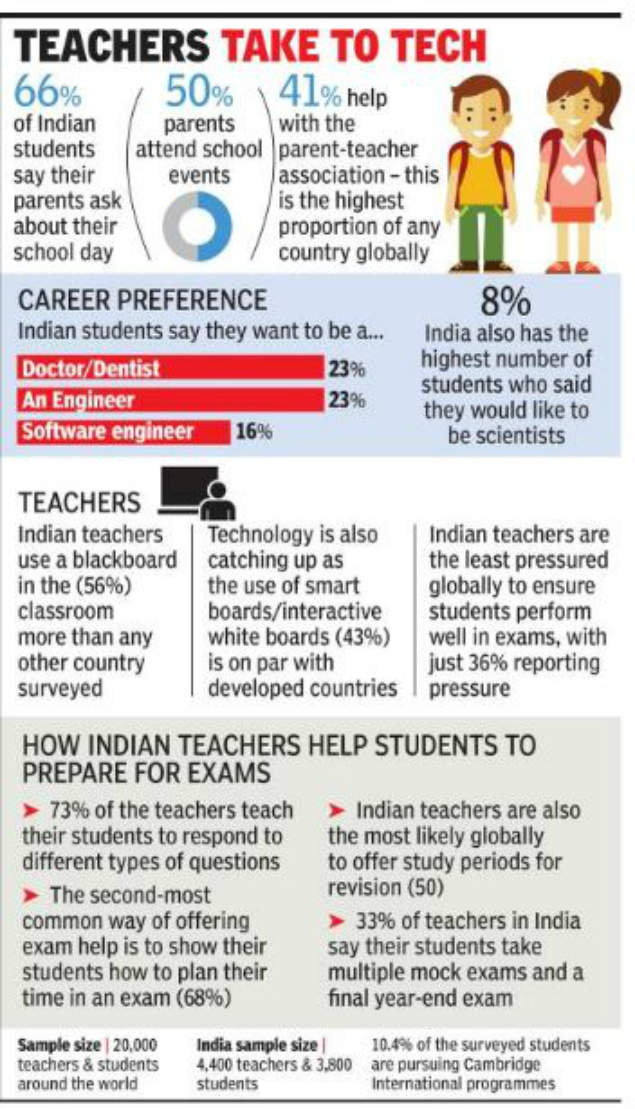
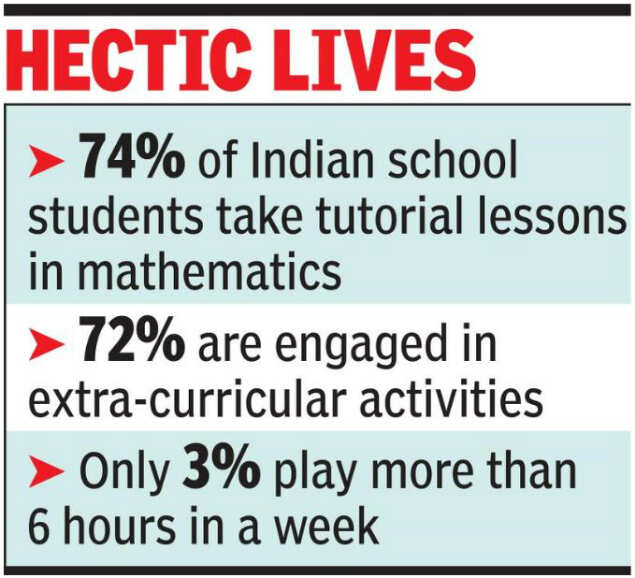



*******************************************************************************
https://www.babydestination.com/good-habits-kids





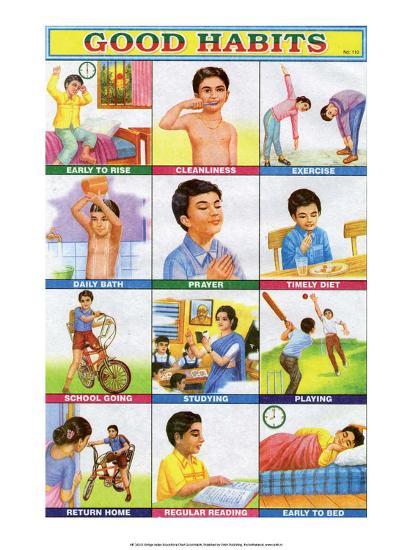
Good Habits for Kids
#1. Sit when eating food
#2. Eating with the mouth closed
#3. Don’t be fussy about food
#4. Eating right
#5. Washing hands before eating
#6. Dental hygiene and care
#7. Take a bath before you step out of the house
#8. Washing your hands and feet after using the toilet
#10. Greeting people when you meet
#11. Always excusing yourself when you want to leave the table
#12. Help clean up after mealtime
#13. Always thank the person who has prepared the meal
#14. Keeping their room clean
#15. Sleep on time
#16. Learning to be responsible with money
#17. Do not litter
#18. Share with everyone
#19. Stop being a couch potato
#20. A little bit of reading every day
#21. Have a positive outlook on things
#22. Treat people with respect
#23. Everyone should be treated equally
#24. Always be honest
#25. Be patient
#26. Don’t be a spoilsport
#27. Be grateful
#28. Spend time with the family
#29. Do not bully or tease people
#30. Be kind to birds and animals
#31. Stand in a queue patiently
#32. Teaching Politeness and Courtesy through the magic words
#33. Stay organized
#34. Clip your Nails
#35 Never leave food in your plate
#36. Be Punctual
#37. Prepare for the next day at night
#38. Always help people
#39. Respect your elders
#40. Discuss problems with those you trust
#41. Exercise often
#42. Work hard
#43. Do not procrastinate
#44. Wake up early
#45. Always carry a Handkerchief
#46. Never miss your breakfast
#47. Take care of your belongings
#48. Take responsibility
#49. Accept the consequences of your actions
#50. Cooking is fun
#51. No Yelling
**************************************************************
What Do Kids Learn in Preschool?


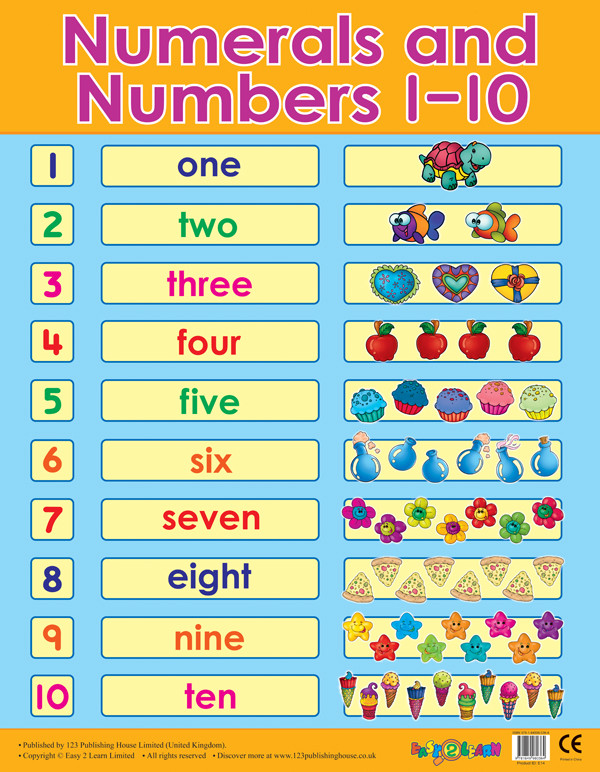


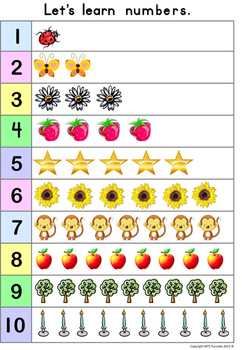
| What Do Kids Learn in Preschool? |
| 1. The Alphabet |
| 2. Numbers, Counting & Pre-Math Skills |
| 3. Basic Shapes |
| 4. Colors |
| 5. Gross Motor Skills |
| 6. Imaginative & Cooperative Play |
| 7. Social Skills & Independence |
| 8. Development : (1.Physical development, 2. Social development, 3. Emotional development, 4. Language and literacy development) |
| (physically, socially, emotionally, in language and literacy, and in thinking (cognitive) skills.) |
| Development |
| Your child continues to develop in many ways—physically, socially, emotionally, in language and literacy, and in thinking (cognitive) skills. |
| Physical development is the way your child moves her arms and legs (large motor skills) and her fingers and hands |
| (small motor skills). Teachers help children learn these skills by offering different physical activities and equipment. |
| Children run, jump, climb, throw, and catch. Using their hands, they explore materials like paints, playdough, puzzles, sand, |
| and things to write with. By using their bodies actively both indoors and outdoors, children build healthy bones and muscles. |
| Social development helps your child get along with others. Teachers work with children on respecting others and |
| working together. By playing and learning together, children build their social skills, language skills, and self-control. |
| With support from teachers, children learn to resolve conflicts that may come up during play. |
| Emotional development |
| They also teach children to show concern for others. To build your child’s self-esteem, teachers encourage him to try new things |
| and keep working at hard tasks. lets your child understand his feelings and the feelings of others. |
| Teachers help children recognize and manage their own feelings and behavior. |
| Language and literacy development helps your child understand and communicate through |
| listening, talking, reading, and writing. These skills are all connected. Teachers help your child use her growing communication |
| skills to learn new concepts. |
| Thinking, or cognitive, skills develop as children learn to think more complexly, make decisions, and solve problems. |
| As young children explore, ask questions, and create, they improve their thinking skills. The way children approach learning |
| is also an important part of their thinking skills. For example, being able to focus or handle frustration helps him learn more easily. |
| Reflecting on and using information lets your child understand the world around him. |
| Teachers help preschoolers develop their thinking skills by |
| Providing interesting materials to use and plenty of time to explore them. |
| Offering suggestions that encourage more complex play and thinking. |
| Asking questions that stretch your child’s thinking. |
| Early Learning Standards |
| Every state has early learning standards that describe what children need to know and be able to do at a certain age. |
| Teachers use these standards to balance what children need to learn with their knowledge of how children learn best. |
| Subject Areas |
| In high-quality preschools, teachers focus on all areas of learning. They pay attention to what children are interested in, |
| and they plan themes or projects that help children expand their knowledge and skills in different areas. Children get a deeper understanding |
| of a subject when they can make connections across several content areas. For example, as your child works with a friend to make a birdfeeder, |
| they use both math and science to measure and combine materials and make the feeder stable, language to describe their ideas and decide |
| how to solve the problem, and reading (with an adult’s help) to find out what kind of seed different birds like. This kind of deeper, |
| interconnected learning helps prepare children for kindergarten. |
| Speaking and listening (language). |
| Your preschooler’s language skills develop when she has lots of opportunities |
| to listen to and speak with others. Teachers talk with children throughout the day—while they play, at group times, and one-to-one. |
| They encourage children to share information, ideas, and feelings with each other. |
| Teachers support children’s language skills by |
| Using your child’s interests to introduce new words and concepts |
| Encouraging your child to use longer, more detailed sentences by adding to what he says in conversation |
| Asking questions that encourage thinking and require more than a yes-or-no answer |
| Using rich vocabulary—unusual or difficult words that are new to children |
| Labeling shelves and bins in English and other languages children speak |
| Early reading. |
| Most preschoolers learn to understand what reading is for and what rhyming sounds are. |
| They listen to and talk about stories. Many preschoolers can read their own names and some simple words. |
| Teachers help preschoolers develop early reading skills by |
| Talking about the story’s characters, setting, and plot, and connecting stories to what’s going on in school or at home |
| Providing materials for children’s play that encourage writing or show examples of writing |
| Helping children hear the differences in sounds and understand that letters stand for sounds |
| Playing rhyming games, singing songs, and reading books with fun language |
| Pointing out letters and words in books and other places |
| Helping children learn the alphabet |
| Early writing. |
| Children’s writing begins as scribbles and becomes shapes that look like letters. Over time, their shapes look more like actual letters, |
| and they write words using their own spelling. |
| Teachers support children’s writing development by |
| Giving children different kinds of paper and writing tools, like crayons, markers, and pencils |
| Encouraging children to write as part of their everyday activities |
| Showing children how writing works as they write down children’s words about their creations or a story they make up |
| Encouraging children to spell words based on what they hear and what letters and sounds they know |
| Math. |
| Children explore math concepts they will use later in school. For example, your child sorts materials in the makerspace |
| area into things he can build with and things he can decorate with (classifying). He explores shapes and textures while |
| making art (comparing, understanding attributes). He claps out the beats to a song (counting). |
| Teachers encourage math learning by |
| Providing materials—blocks, buttons, acorns—to count, sort, compare, and make patterns |
| Talking about math and pointing out numbers when children play, during snack time, and while exploring outside |
| Asking your child to explain what she noticed or how she solved a problem |
| Encouraging children to measure and compare objects |
| Providing tools for children to record data |
| Science. |
| Most preschoolers ask a lot of questions about the world. Teachers encourage children to be curious, make discoveries, |
| and think scientifically. Children observe, ask questions, and predict what might happen. |
| Then they experiment and explain what they’ve found out. |
| Teachers support science learning by |
| Setting out materials for children to experiment with |
| Researching topics with children by reading books, looking up information online, taking field trips, |
| and having experts visit the class. |
| Asking your child to think about what is happening and why |
| Using new science words many times and in different situations |
| Encouraging children to record and share their learning |
| Social studies. |
| As children learn to get along, make friends, and help with decisions, they are learning social studies. |
| In preschool, your child also learns |
| about himself and how he fits into his family, his class, and his community. Social studies also includes learning about the |
| languages and cultures of other children in the class. Your child’s teacher might ask if you want to share recipes, music, |
| and traditions that your family enjoys. |
| Creative arts. |
| Children express their feelings and ideas in unique ways. It could be through painting, dancing, and pretending. |
| But creativity supports every area of learning and can be expressed in many ways, from writing stories |
| to figuring out how to keep |
| the snow in the water table from melting so fast. Teachers design an environment that supports your preschooler’s |
| creative abilities, and they provide a variety of open-ended materials (playdough, seashells, chalk) |
| to challenge your child’s ability to create. |
| Technology. |
| Teachers use technology with preschoolers in many ways. Your preschooler might create art on a tablet, |
| look at an ebook with another child, Using technology together encourages children to talk, cooperate, and help each other. |
| or watch videos of places the class is learning about. |